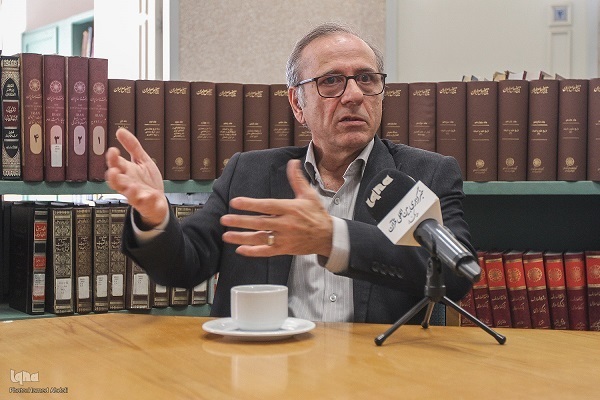Imam Reza’s Interfaith Dialogues Offer Timeless Lessons on Respect, Coexistence: Scholar

Speaking to IQNA on the significance of these encounters, Iranian researcher Faramarz Haj Manouchehri noted that the debates initiated by Abbasid Caliph Al-Ma'mun in 201 AH (816 CE) brought together leaders from various faiths—including Christianity, Judaism, Zoroastrianism, and Islamic theological schools—in the city of Merv.
“Ironically, while Al-Ma'mun may have had political motives, the interfaith dialogues he facilitated turned into a meaningful moment in Islamic history,” Haj Manouchehri said.
He described Imam Reza’s (AS) participation in these debates as “extraordinary,” highlighting the Imam’s multifaceted approach in engaging with representatives of other religions.
“Imam Reza (AS) employed multiple tools in these dialogues: the verses of the Quran, traditions of the infallibles, and crucially, the scriptures of the interlocutors themselves—including the Torah, Gospels, and Avesta,” explained Haj Manouchehri, who is deputy head of Quran and Hadith Group at the Center for the Great Islamic Encyclopedia.
A key aspect of Imam Reza’s (AS) method, he added, was his use of the native languages of his interlocutors. “Historical accounts indicate that the Imam communicated in a variety of languages, including Persian, Hindi, Syriac, and Nabataean. This linguistic inclusivity is an important reminder of the need to respect others’ identities and languages in today’s world,” he said.
Read More:
According to Haj Manouchehri, the Imam’s openness to diverse perspectives reflected a deeper sociological and cultural understanding of the concept of the “self” and the “other.” “Imam Reza’s dialogues demonstrated a conscious acknowledgment of the ‘other’—a recognition of people with different beliefs, and a respect for their existence and ideas,” he said.
“Of course, acknowledging the existence of differing ideas does not mean endorsing them, but it does require engagement and mutual respect,” he noted.
He further argued that Imam Reza’s (AS) approach carries lessons for contemporary society. “His method of dialogue teaches us that we must accept the right of other ideologies and identities to exist, and that peaceful discourse is the path to unity, understanding, and righteousness,” he said.
Haj Manouchehri called for renewed attention to the records of these historic debates. “They serve as guiding lights for anyone navigating a diverse and pluralistic world. Imam Reza’s (AS) approach to dialogue is not just relevant—it is essential,” he said.
4280839



